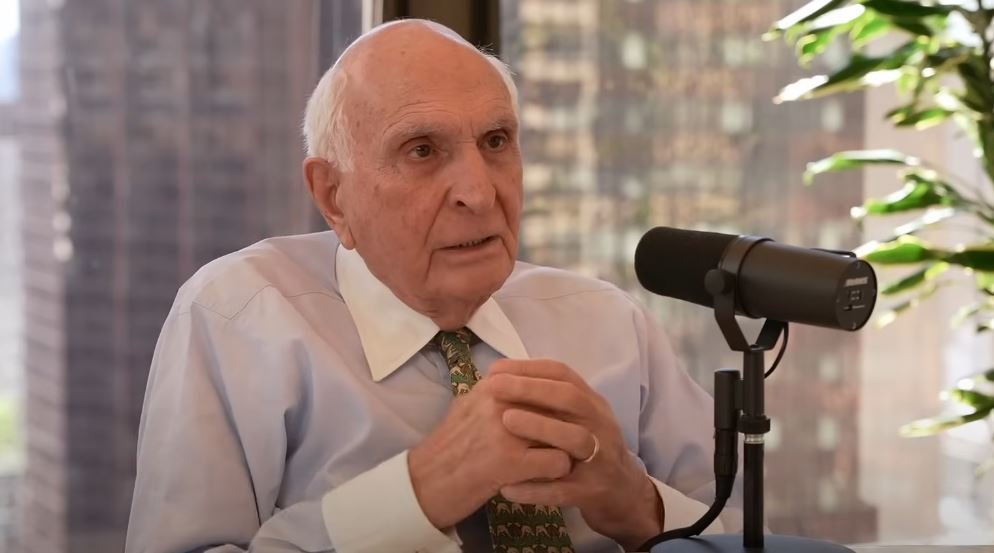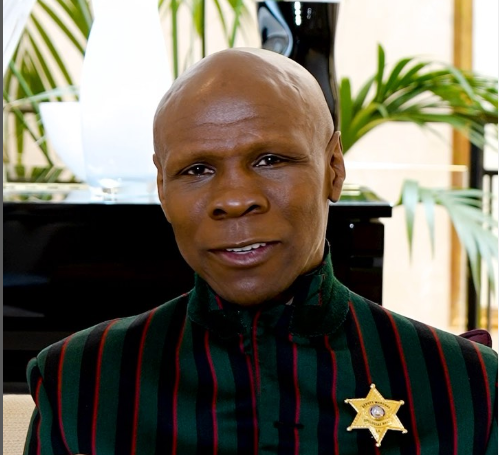Ken Langone’s Net Worth Is Soaring—The Untold Story Behind the Billionaire’s Billions

Ken Langone’s estimated net worth in 2025 is $8.7 billion, a figure that keeps rising due to a combination of wise investments and a philosophy firmly anchored in grit, thankfulness, and generational value. Because of his wealth and the way he built it, Langone, co-founder of The Home Depot, has come to represent American business success. He wasn’t born into luxury or given a trust fund. Before closing deals on Wall Street, he dug ditches. He had lofty goals, worked tirelessly, and firmly believed in capitalism.
It’s been a very successful belief. In addition to being a wise financial move, Langone’s early investment in Home Depot was a daring vision for the direction of retail. He became a billionaire thanks to his ability to spot a scalable need, connect with founders who shared his enthusiasm, and carry out a calculated plan that changed consumer behavior. Few tales are as uplifting or multi-layered in the world of philanthropy and finance.
| Ken Langone – Bio & Net Worth Summary | Details |
|---|---|
| Full Name | Kenneth Gerard Langone Sr. |
| Date of Birth | September 16, 1935 |
| Current Age | 89 years (2025) |
| Primary Role | Co-founder of The Home Depot |
| Estimated Net Worth (2025) | $8.7 billion |
| Philanthropic Contributions | $400M+ (NYU, Notre Dame, Catholic charities) |
| Education | Bucknell University, NYU Stern School of Business |
| Reference Source | Forbes Profile |
From Hard Work to Development: The Home Depot Investment That Went Well
Langone helped envision Home Depot in addition to helping to finance it. For its time, the idea—a do-it-yourself store with a warehouse aesthetic that provided homeowners with tools and guidance—was remarkably inventive. Langone and his co-founders revolutionized home improvement retail by fusing customer-first principles with well-planned store placement and a remarkable employee culture. The outcome? A business worth hundreds of billions of dollars, in which Langone still holds a personal stake that has grown significantly in value.
Wall Street Establishments and Monetary Expertise
Langone established a reputation in investment banking prior to creating retail empires. He gained early credibility and money when his company, Invemed Associates, was instrumental in taking Electronic Data Systems public. He was drawn to big deals because of his scalable innovation and entrepreneurial leadership instincts, and he frequently supported founders who shared his tenacity. His strategy, which strikes a balance between financial restraint and entrepreneurial audacity, has continued to be very effective in recent years.
Giving Back With A Mission
Langone’s generosity is personal rather than theatrical. In 2018, he donated $200 million to NYU’s School of Medicine, enabling the school to provide free tuition—a model that has sparked reform across the country. He has greatly lowered obstacles for students seeking medical education through strategic philanthropy. His contributions to healthcare, religious organizations, heritage preservation, and veteran support programs are all motivated by his core beliefs rather than the news.
Books, Values, and Corporate Culture
I Love Capitalism!, his 2018 autobiography, is still a remarkably convincing defense of free-market capitalism as a means of achieving wealth. Langone’s affection for the system that provided him with everything is not a secret. But that love isn’t blind; he continuously calls for ethical leadership, corporate responsibility, and an emphasis on the welfare of employees. He is particularly recognized for having shaped The Home Depot’s upward mobility culture, which made sure employees saw themselves as stakeholders rather than just employees.
Looking Ahead: An Ongoing Legacy
Ken Langone’s wealth might keep growing in the years to come, but more significantly, his influence is already well-established in American philanthropy and business. He is extremely trustworthy in his beliefs, uncompromising in his methods, and has significantly increased over time in both wealth and wisdom. There is much more to his story than a billionaire’s financial records. It’s a case study of intentional giving, a masterclass in value creation, and a guide for moral leadership in a time when people are desperate for it.





